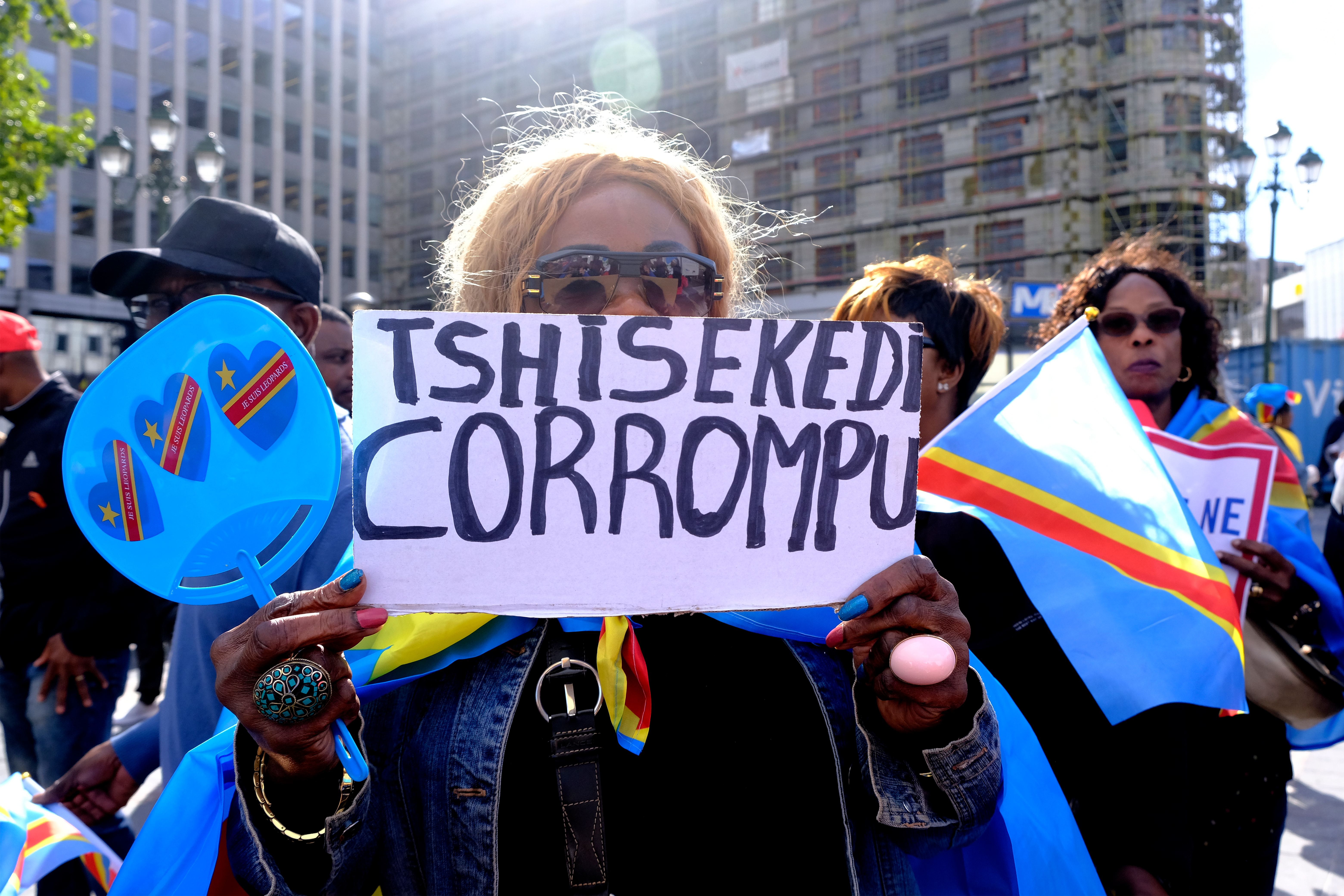Kabila-Tshisekedi: From the Pan-African Ideal to the Return of Foreign Influence
Siméon Ndaye K. | April 2025

The ongoing crisis in eastern Democratic Republic of Congo has once again placed the country at the heart of a strategic struggle among foreign powers. Initially framed as Rwandan aggression, the conflict ultimately highlights internal weaknesses within the Congolese leadership, which appears increasingly aligned with Western interests.
This Western realignment, openly embraced by President Félix Tshisekedi, stands in stark contrast to the pan-African stance of his predecessor, Joseph Kabila.
Joseph Kabila: Advocate of African Sovereignty
During his eighteen years in office (2001–2019), Kabila pursued a political path centered on defending national sovereignty and resisting foreign interference. From the outset of his presidency, he implemented a strategy of reclaiming control over Congo’s resources—most notably through the 2018 mining code reform. Designed to ensure a fairer distribution of the country’s mineral wealth, the reform strained relations with major international corporations and led to Kabila’s growing diplomatic isolation.
Rather than relying exclusively on Western institutions like the IMF or the World Bank, Kabila prioritized South-South cooperation, strengthening ties with key African nations such as Zimbabwe, Angola, and South Africa. His policies focused on endogenous development in line with the principles of pan-Africanism.
Félix Tshisekedi: The Western-Oriented Leader
Félix Tshisekedi’s 2019 rise to power marked a significant shift. His leadership quickly distinguished itself by a marked rapprochement with Western powers. Frequent diplomatic visits to Washington, Paris, and Brussels, along with renewed partnerships with international financial institutions, have aligned the country with economic programs driven by external interests.
Weakened domestically by lackluster socioeconomic results and increasingly authoritarian tendencies, Tshisekedi has compensated by cultivating strong support from Western allies. One of the most striking examples of this pro-Western approach is his proposal to the United States to co-manage mineral exploitation in eastern Congo alongside Rwanda, in exchange for political and security backing.
Where Kabila was committed to preserving Congo’s autonomy, even at the cost of relative international isolation, Tshisekedi seems to be betting on full integration into Euro-Atlantic geopolitical dynamics—though critics argue this may come at the expense of national sovereignty.
Two Visions for Congo’s Future
Kabila and Tshisekedi embody two opposing visions for the Democratic Republic of Congo: one of a sovereign nation grounded in African solidarity, the other of a state seeking stability through Western alliances, even if it means yielding some independence. This divide reflects a fundamental debate on the country’s political and economic future: Pan-Africanism or neo-imperialism?
